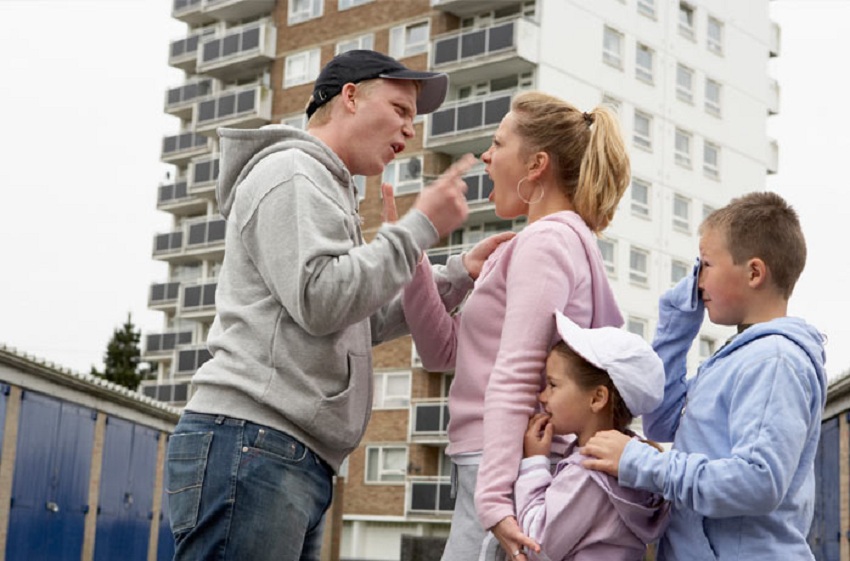A domestic violence charge is a very serious offense. Whether the charge is true or not, the best thing to do is consult a lawyer immediately. Even if the accusation is made in the heat of the moment, it cannot be dropped by the alleged victim. They cannot decide that they do not want to press charges, and if the charge is found to have merit, the penalties can include fines as well as jail time.
What is Domestic Violence?
A person does not have to be married to be charged with domestic violence. It can be a crime committed by a boyfriend, girlfriend, husband, wife, and even an elderly relative or child that resides in the home. Of course, in the case of the elderly and children, there are other charges that can be filed as well.
When arguments escalate, tempers flare, and it is possible that someone can be injured accidentally. If they are protecting themselves by pushing someone away and the person falls, this is considered self-defense. However, once the domestic violence charges are made, it is up to the person being charged to prove this was the case. One example of a domestic violence attorney tampa is Hackworth Law PA.
A Good Defense is Necessary
A good defense for a domestic violence charge can make the difference between being found guilty or not guilty. There may have been extenuating circumstances that will need to be considered. Sometimes one partner will get so angry at the other partner that they falsely accuse them of violence. It is extremely important that the attorney being chosen has to experience in this area and can defend against a false accusation.
If someone is found guilty of this offense, it stays on their criminal record permanently and can adversely affect other areas of their life. They may end up spending a long time in jail, and their reputation, both professional and personal, can suffer or be ruined. An attorney can help to defend against these charges. An attorney may be able to get them either reduced to a lesser offense or possibly dropped altogether.
Continue Reading What are the signs of abuse in adults?

